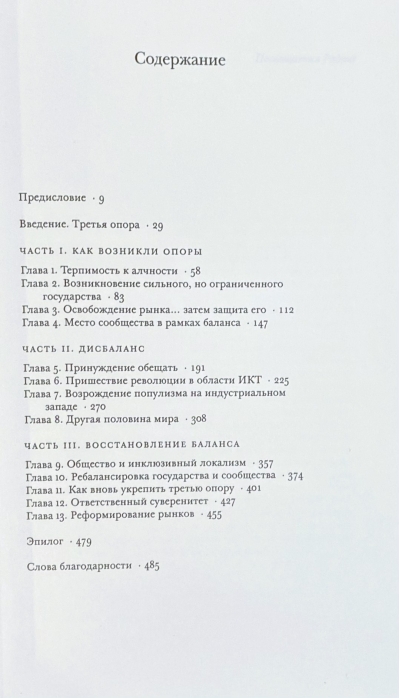The Third Pillar: How Markets and the State Neglect Community
29.99 €
23.99 €
In stock
In The Third Pillar, Raghuram Rajan, a professor at the University of Chicago, former chief economist at the IMF, former governor of India’s central bank, and author of the Financial Times-Goldman Sachs best business book of 2010, Fault Lines, offers an unusual perspective for economists on the social and economic consequences of globalization and the impact they ultimately have on policy. He shows how these three main forces – the state, markets, and our communities – interact, why things start to break down, and how we can return to stability.
The “third pillar” of the book’s title is the community in which we live. Economists often think that they should only be concerned with the relationship between markets and the state, and that social issues are not their concern. This is not only shortsighted, Rajan argues, it is dangerous. All economics is really socioeconomics – all markets are embedded in a web of human relationships, values, and norms. Rajan shows how, throughout human history, technological phase shifts have wrenched markets out of these old networks, leading to violent clashes and what we now call populism. Eventually, everything settles into a new equilibrium, but it can be a deeply unattractive one.
As markets grow, so too does the state, concentrating economic and political power in thriving central nodes while the periphery is left to decay, literally and figuratively. To prevent this, Rajan proposes a rethinking of the relationship between the market and civil society, and advocates a return to strengthening and empowering local communities as an antidote to growing frustration.
The “third pillar” of the book’s title is the community in which we live. Economists often think that they should only be concerned with the relationship between markets and the state, and that social issues are not their concern. This is not only shortsighted, Rajan argues, it is dangerous. All economics is really socioeconomics – all markets are embedded in a web of human relationships, values, and norms. Rajan shows how, throughout human history, technological phase shifts have wrenched markets out of these old networks, leading to violent clashes and what we now call populism. Eventually, everything settles into a new equilibrium, but it can be a deeply unattractive one.
As markets grow, so too does the state, concentrating economic and political power in thriving central nodes while the periphery is left to decay, literally and figuratively. To prevent this, Rajan proposes a rethinking of the relationship between the market and civil society, and advocates a return to strengthening and empowering local communities as an antidote to growing frustration.
See also:
- All books by the publisher
- All books by the author











